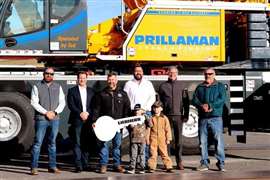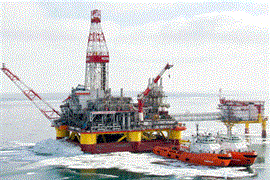Construction equipment bodies respond to UK’s net zero shift
21 September 2023
UK Prime Minister Rishi Sunak has announced a shift in the government’s policies on achieving net zero emissions by 2050.
 UK Prime Minister Rishi Sunak, who has eased a number of the country's net zero policies. Photo: Reuters
UK Prime Minister Rishi Sunak, who has eased a number of the country's net zero policies. Photo: Reuters
Originally, the government said it would ban the sale of new petrol and diesel cars from 2030; that has now been pushed back to 2035, in a move Sunak said will “bring people with us”.
Chris Stark, CEO of the UK’s Climate Change Committee responded to the announcement, saying it was “wishful thinking” for the government to imagine key net zero goals could be achieved with a new “softer package” of green policies.
Early indications are that the construction industry agrees with this view.
‘Not helpful’
Chris Cassley, policy manager of the Construction Plant-hire Association (CPA) said, “The announcement by the Prime Minister adds confusion to the construction equipment sector on its efforts to remove diesel from sites and move towards alternative fuels.
“Like all business sectors, the construction plant-hire sector has a key role to play in decarbonisation. CPA members want clarity and consistency in government policy when it comes to long established policies that impact on investment decisions, and the development of new diesel free technologies in construction plant.
“The Prime Minister’s speech does nothing to help this process and further throws into doubt future investment decisions and efforts to decarbonise the construction plant fleets of the future.”
‘Shifting goalposts’
Suneeta Johal, CEO of the Construction Equipment Association (CEA), said, “In recent years, the construction equipment sector has taken significant leaps in embracing alternative fuels and pioneering electric machinery.
“Our prevailing agenda revolves around decarbonisation, with a clear vision directed toward achieving net-zero emissions.
“Members of the CEA have collectively poured millions into research and development, striving to be at the forefront of sustainable innovation. It’s both disheartening and frustrating when, after such substantial investment and progress, the metaphorical goalposts seem to shift, making it challenging for our members to plan and execute their long-term strategies with confidence.”



